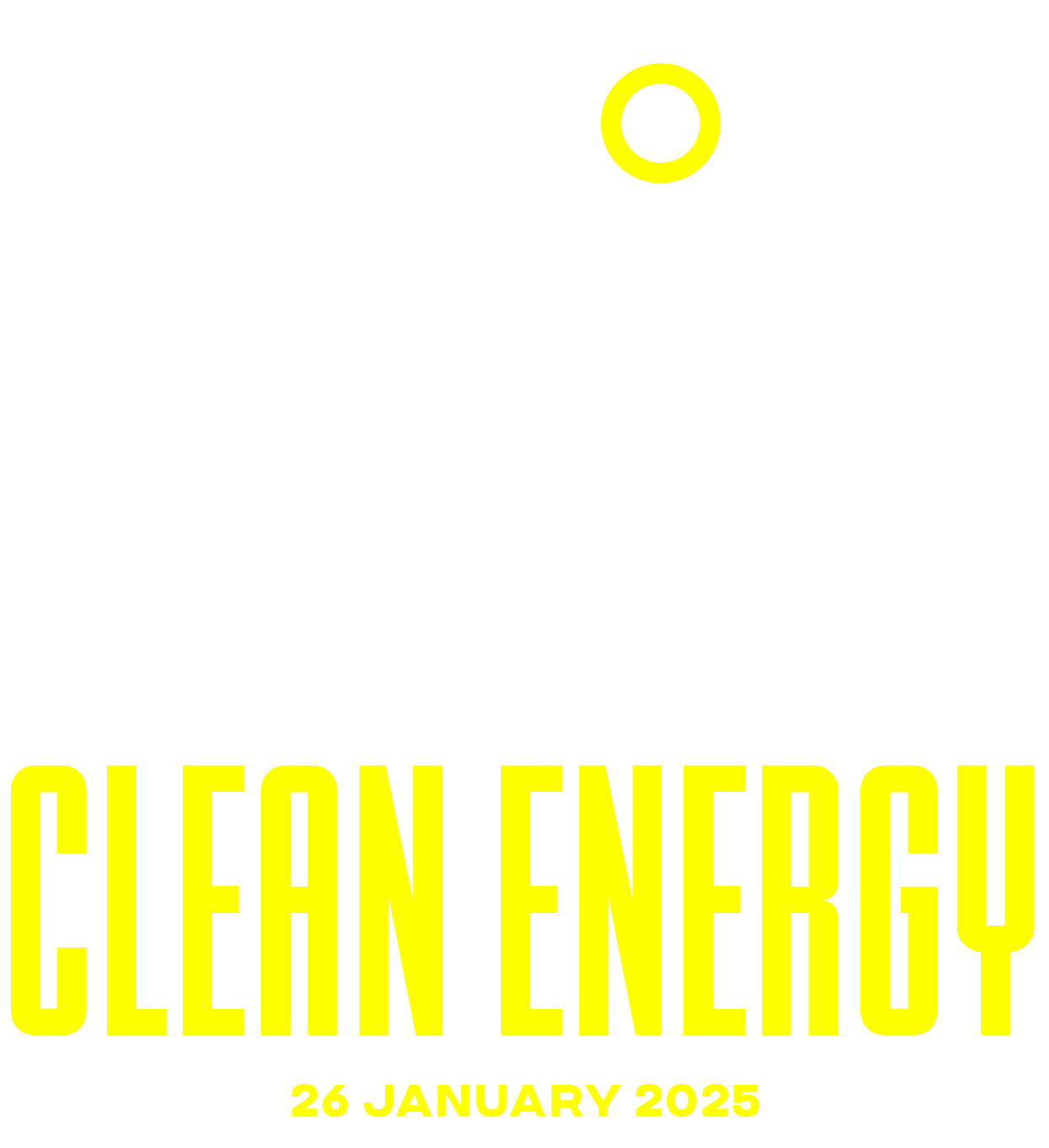International Day of Clean Energy | 2025
Energy lies at the core of a double challenge: leaving no one behind and protecting the Planet. And clean energy is crucial to its solution. In a world grappling with climate change, clean energy plays a vital role in reducing emissions, and can also benefit communities lacking access to reliable power sources. Still today, 675 million people live in the dark - 4 in 5 are in Sub-Saharan Africa. The connection between clean energy, socio-economic development, and environmental sustainability is crucial in addressing issues faced by vulnerable communities worldwide. For populations without clean energy access, the lack of reliable power hinders education, healthcare, and economic opportunities, and many of these developing regions still rely heavily on polluting fossil fuels for their daily life, perpetuating poverty. If current trends continue, by 2030 one in four people will still use unsafe, unhealthy and inefficient cooking systems, such as burning wood or dung. Although this situation has been improving, the world is not on track to achieve Sustainable Development Goal 7 (SDG7), which aims to ensure access to affordable, reliable, sustainable and modern energy for all by 2030.
The General Assembly will hold a Global Stocktaking on SDG7 in April 2024 to assess progress and recommend solutions.But adopting clean energy is integral to the fight against climate change, as well. A large chunk of the greenhouse gases that blanket the Earth and trap the Sun’s heat are generated through energy production, by burning fossil fuels (oil, coal, and gas) to generate electricity and heat. The science is clear: to limit climate change, we need to end our reliance on fossil fuels and invest in alternative sources of energy that are clean, accessible, affordable, sustainable, and reliable. Renewable energy sources, which are available in abundance all around us, provided by the sun, wind, water, waste, and heat from the Earth, are replenished by nature and emit little to no greenhouse gases or pollutants into the air.
The International Day of Clean Energy on 26 January was declared by the General Assembly (resolution A/77/327) as a call to raise awareness and mobilize action for a just and inclusive transition to clean energy for the benefit of people and the planet.
26 January is also the founding date of the International Renewable Energy Agency (IRENA), a global intergovernmental agency established in 2009 to support countries in their energy transitions, serve as a platform for international cooperation, and provide data and analyses on clean energy technology, innovation, policy, finance and investment.
Energy is at the heart of the climate challenge – and key to the solution. A large chunk of the greenhouse gases that blanket the Earth and trap the sun’s heat are generated through energy production, by burning fossil fuels to generate electricity and heat. Fossil fuels, such as coal, oil and gas, are by far the largest contributor to global climate change, accounting for over 75 percent of global greenhouse gas
emissions and nearly 90 percent of all carbon dioxide emissions. The science is clear: to avoid the worst impacts of climate change, emissions need to be reduced by almost half by 2030 and reach net-zero by 2050. To achieve this, we need to end our reliance on fossil fuels and invest in alternative sources of energy that are clean, accessible, affordable, sustainable, and reliable. Renewable energy sources – which are
available in abundance all around us, provided by the sun, wind, water, waste, and heat from the Earth – are replenished by nature and emit little to no greenhouse gases or pollutants into the air. Fossil fuels still account for more than 80 percent of global energy production, but cleaner sources of energy are gaining ground. About 29 percent of electricity currently comes from renewable sources.
Here are five reasons why accelerating the transition to clean energy is the pathway to a healthy, livable planet today and for generations to come.
I
Renewable energy sources are all around us
About 80 percent of the global population lives in countries that are net-importers of fossil fuels -- that’s about 6 billion people who are dependent on fossil fuels from other countries, which makes them vulnerable to...
II
Renewable energy is cheaper
Renewable energy actually is the cheapest power option in most parts of the world today. Prices for renewable energy technologies are dropping rapidly. The cost of electricity from solar power fell by 85 percent between 2010...
III
Renewable energy is healthier
According to the World Health Organization (WHO), about 99 percent of people in the world breathe air that exceeds air quality limits and threatens their health, and more than 13 million deaths around the world each year are...
IV
Renewable energy creates jobs
Every dollar of investment in renewables creates three times more jobs than in the fossil fuel industry. The IEA estimates that the transition towards net-zero emissions will lead to an overall increase in energy sector jobs...
V
Renewable energy makes economic sense
About $7 trillion was spent on subsidizing the fossil fuel industry in 2022, including through explicit subsidies, tax breaks, and health and environmental damages that were not priced into the cost of fossil fuels...






